
LUFTHANSA: No ban on AirTags in checked luggage
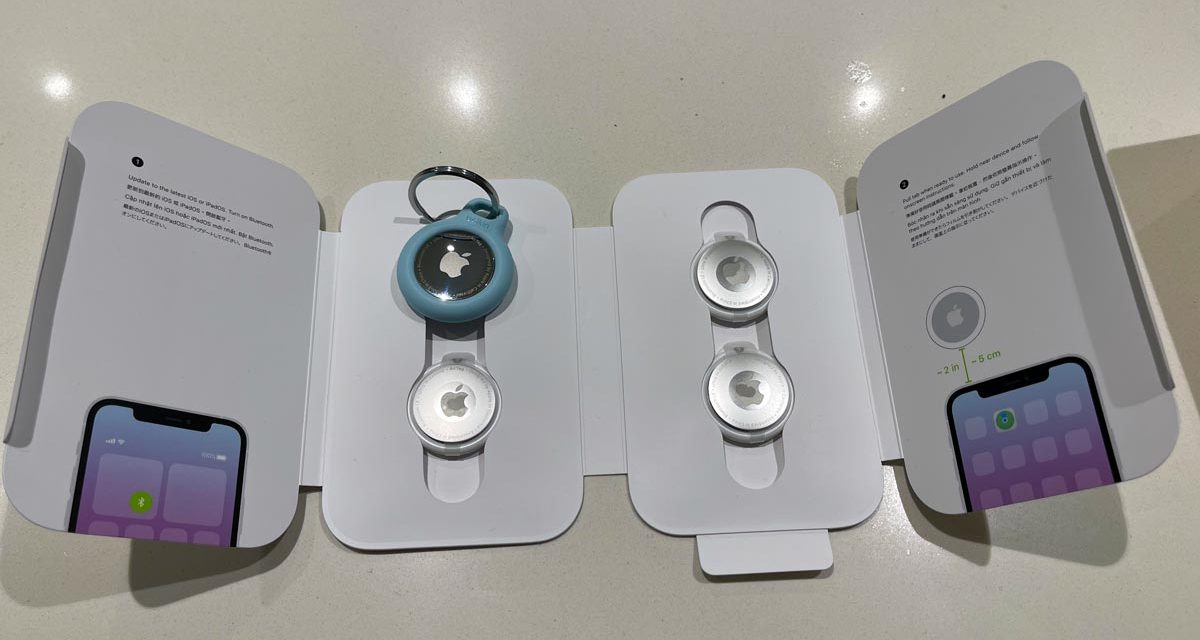
UPDATE:
Since this story broke, numerous airlines including Qantas and Virgin Australia have confirmed that they allow Apple AirTags in checked-in luggage. Even Lufthansa where the whole ban rumour started has confirmed via tweet, that they do allow AirTags too. So, was this just a mistaken interpretation of the rules, or a failed but deliberate effort to stop passengers from tracking their lost Lufthansa baggage using AirTags. Given incompetence usually trumps conspiracy – let’s call it a mistake.
PREVIOUSLY:
OK, you may have missed it, but various websites, including my personal favourite OneMileAtaTime.com is reporting that Lufthansa is banning Airtags – those little disks from Apple that you can use to track anything attached to them from your iPhone – from checked luggage.
Problem is, when Airways Magazine approached Lufthansa, they said it wasn’t so:
…has not banned airtags and there is no guideline or regulation by Lufthansa to ban AirTags. There is a standing ICAO [Interenational Civil Aviation Organisation – part of the United Nations] regulation on such devices, this this has nothing to do with Lufthansa or any other carrier.”
Lufthansa spokesperson quoted in Airways Magazine
Content of this Post:
Why AirTags?
The devices have become popular with travellers and travel bloggers during this time of travel recovery when airports and airlines are having difficulty in fully staffing ground and baggage handling positions. Whereas airline baggage departments have a reputation for being fairly opaque in their quest to find and return your luggage to you, AirTags give passengers the possibility of saying ‘I know where it is. It’s in your airport in Paris, when it should be here in Sydney!’.
I’ve used them myself. Being able to see my checked luggage loaded onto my Qantas Flight to Wellington, New Zealand was quite comforting at the time. As was seeing it on the other side of the baggage carousel on my arrival.
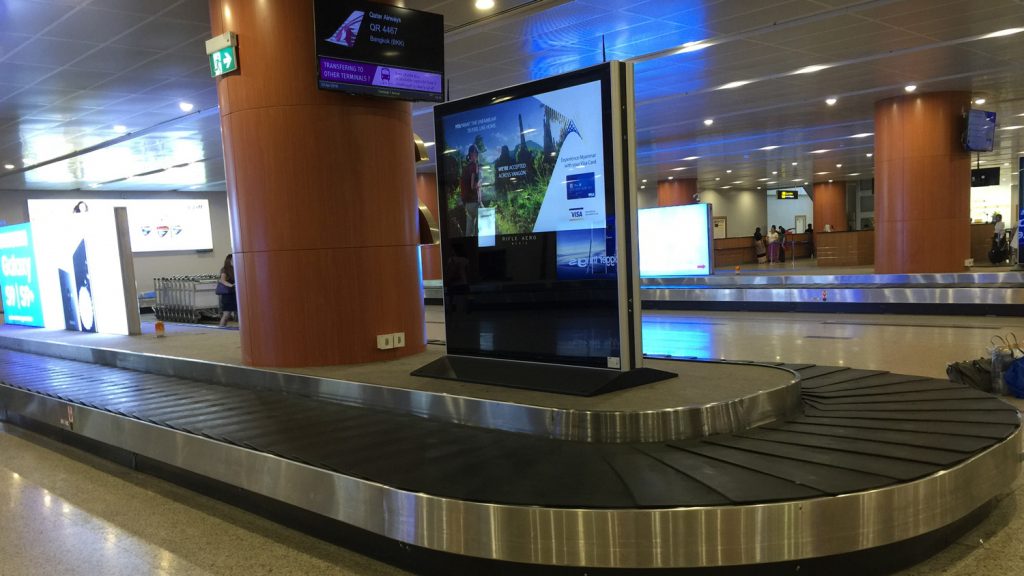
Are they banned and by whom?
Here is where it gets interesting. Cast your mind back to 2013 when the Boeing 787 was launched, and then suspended from flying for a while because one of the plane’s lithium batteries caught on fire. Or, the launch of ‘smart’ suitcases with battery chargers inside them that were then banned by airlines. Well, there may well lie the genesis of this issue.
IATA – that’s the International Air Transport Association – sets the regulations about ‘dangerous goods’, with airlines having only limited ability to interpret the rules. IATA rules state that ‘…devices in checked baggage must be completely switched off.’ Well, you see, I think AirTags are possibly technically ‘on’ all the time, ‘because the AirTag is continually transmitting little Bluetooth burps’ according to ET. However, the tiny CR2032 batteries are not banned from checked luggage, unlike rechargeable lithium-ion batteries, like computer batteries, or those used in ‘smart’ luggage.
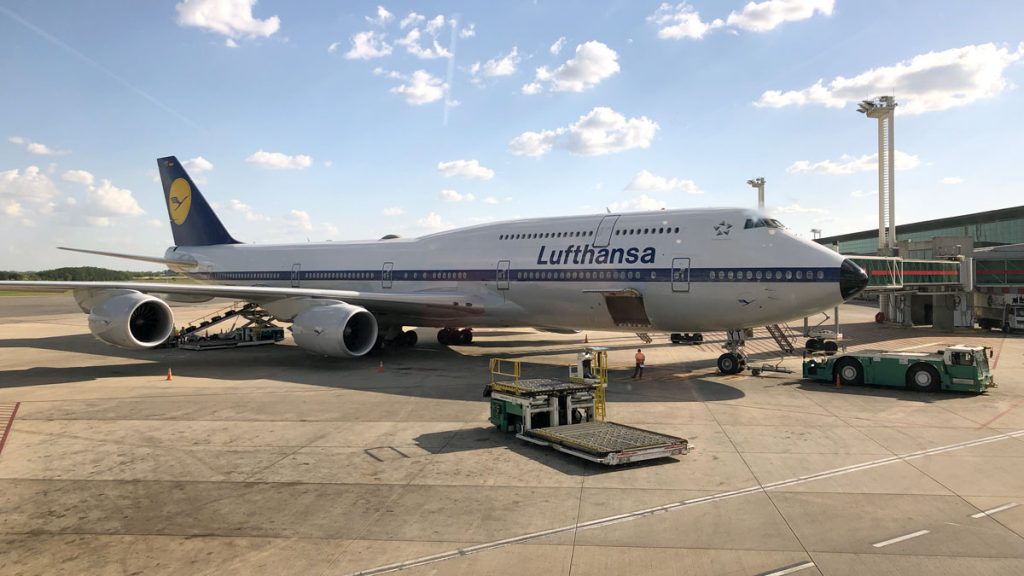
2PAXfly Takeout
This is another timely reminder to wear your seatbelt when seated. Holding you close to your seat will protect you from the sort of injuries sustained on this flight, when unsecured passengers flew to the ceiling of the aircraft, and then came crashing down once the ‘drop’ ceased.
The hope will be that this is an anomaly – a ‘freak accident’ in casual parlance. If it is a systemic error either mechanical or electronic, then this is a larger concern for the airlines that fly Boeing Dreamliner 787 aircraft. Let’s hope it isn’t. If it is, it will pile on the woes to Boeing’s existing stack.
So, it looks like no one is banning the useful little AirTags at the moment, although there is possibly some ambiguity about whether they are exempt or subject to the IATA ban on batteries in the hold. I looked at a whole bunch of IATA and ICAO regulations and meeting minutes, and. On the preponderance of the evidence, they are OK since they are classified as ‘fully enclosed’ and small – but it would be good if IATA came out with a statement one way or the other.

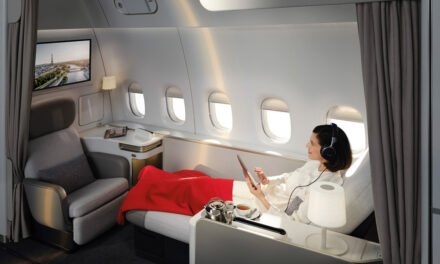
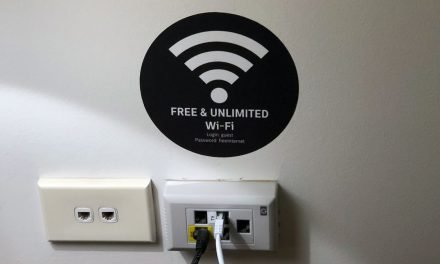
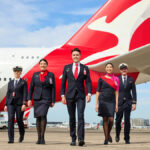
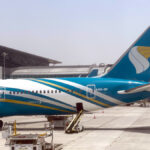




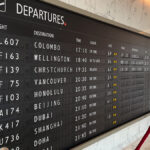
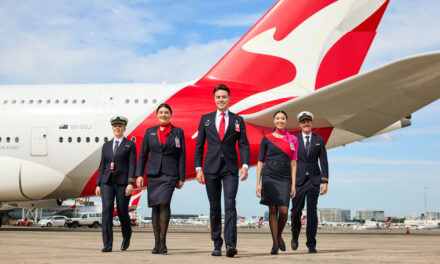
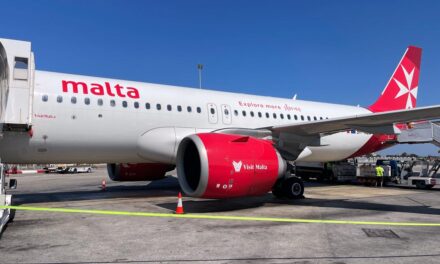

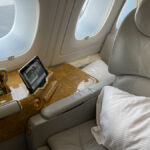
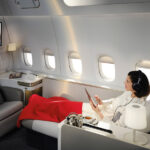
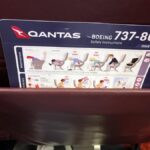
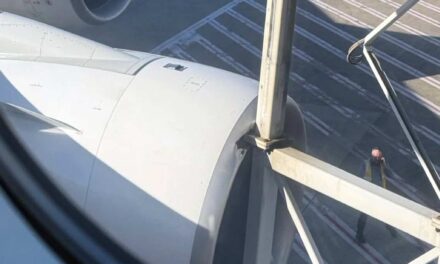


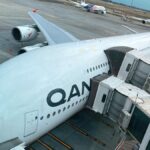


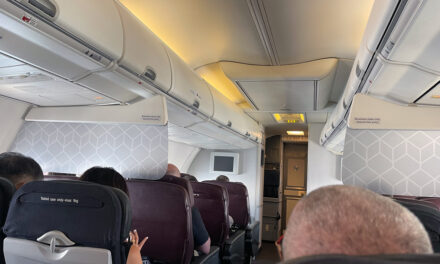




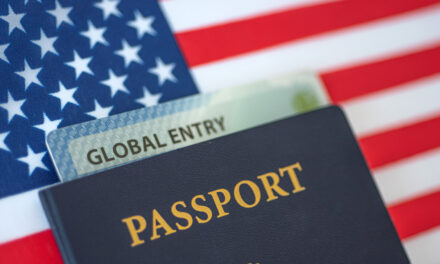
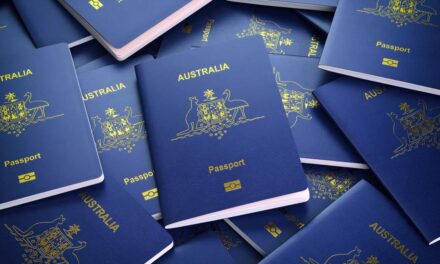

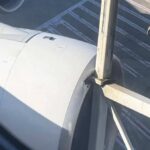



What did you say?